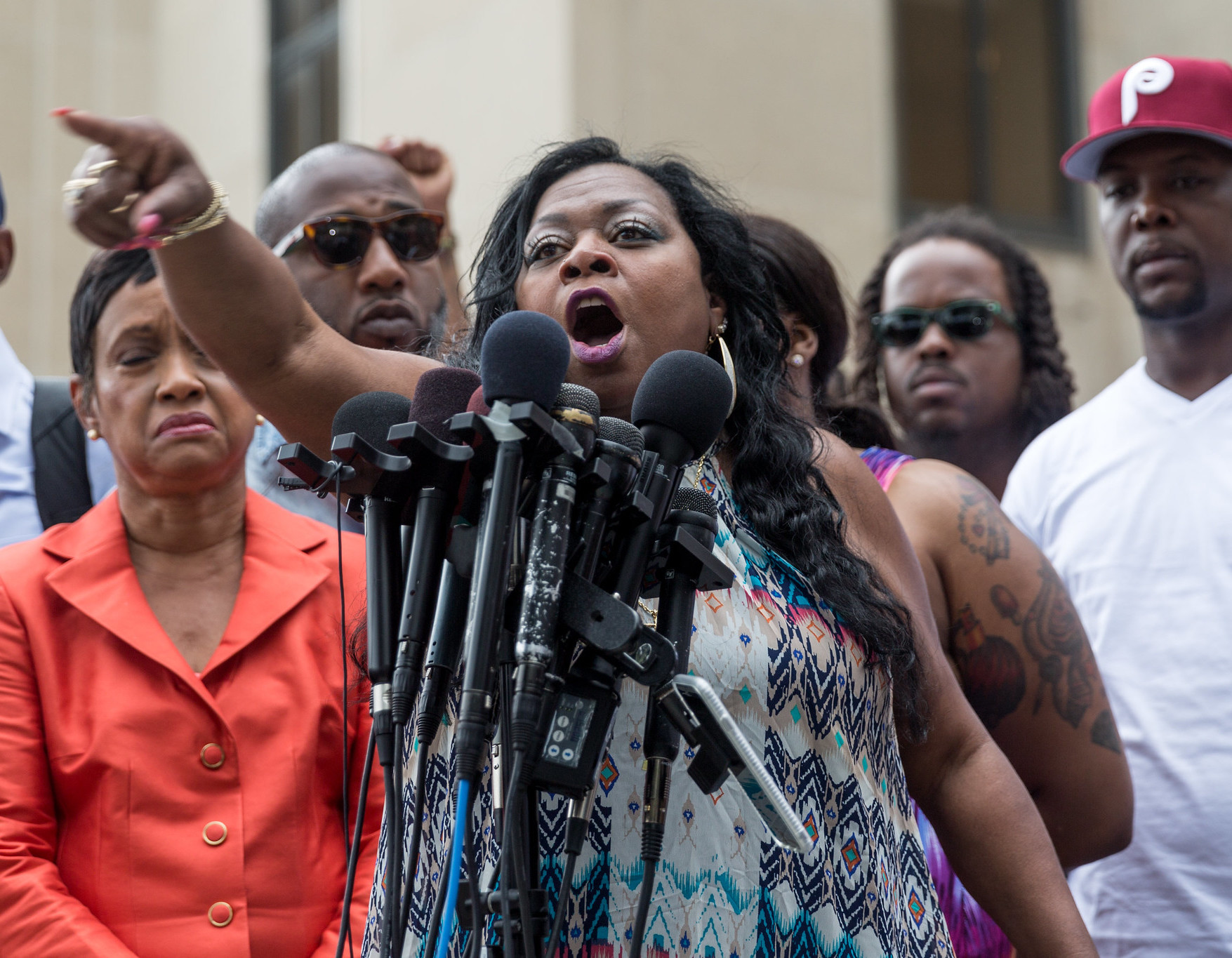
Last week, the Equal Justice Initiative and Google launched Lynching in America, a powerful collection of personal stories and extensive research on more than 4,000 lynchings of black Americans in the 19th and 20th centuries.
I was reading through the heartbreaking site on Friday when a news alert came on my phone: the police officer who killed Philando Castile during a traffic stop in Minnesota was acquitted of all charges. My heart stopped.
I wasn’t surprised, of course. Seventeen years working with both crime survivors and people who harm others has taught me that our justice system is ill-equipped to deliver real accountability or real healing, regardless of the outcome of any case. That’s why we need to imagine new systems that can deliver those things.
But right now we have this system. Right now we have another black man killed by police, another instance where our legal system turns a blind eye to black pain, another round of protest and rage and grief, another round of pundits debating the legal technicalities of what counts as “justified” in the bureaucratic process we call the law. I pictured so many of my black staff, colleagues, partners, and friends going into the weekend with another round of broken hearts.
To understand that heartbreak, one need not know the details of this case, or the one before it, or the one before that.


I was especially struck by the featured story of John Hartfield. Hartfield was a black man who was lynched in Mississippi by a white mob of 10,000 people. The lynching was advertised in the newspaper the day before. Yet the Governor declared that he was powerless to stop it, even with 24 hours notice.
The state, charged with protection of its citizens, threw up its hands and decided not even to try to save that black life on that day. This willful inaction is, in fact, action. By green-lighting a brutal murder, the government participated in that lynching as much as anyone there.
EJI has documented 4,000 such painful stories, and says there are many more to uncover. And those are just the lynching stories – the tip of the iceberg of other violence, harassment, discrimination, and trauma either ignored by our institutions or carried out by them.
This failure of American institutions to protect black bodies, their acceptance and participation in that harm – unchecked for centuries – lives on in the hearts and minds of black Americans across generations, and it affects us all. That trauma is felt not only by the people who lived it, but also by those who come after, passed on to each new generation. Meanwhile, the downplaying of that trauma gets passed on to each new generation of white Americans, many of whom see that history as purely a thing of the past.
But it is not a thing of the past. This trauma remains an open wound to be triggered again and again, compounded by real life incidents that instill fear and pain in the present day.
Philando Castile’s mother, Valerie, gave voice not just to her grief for her son, but to those centuries of trauma when she spoke after the verdict. “The system in this country continues to fail black people, and will continue to fail us,” she said.
It is time for all Americans to own that history, to recognize the pain that it still generates, to account for its lasting impact on modern-day racism and disparity, and to invest in action to reverse those disparities.
Share the EJI site, Lynching in America.
Share Valerie Castile’s statement on the verdict.
Photo Credit: Lorie Shaull



